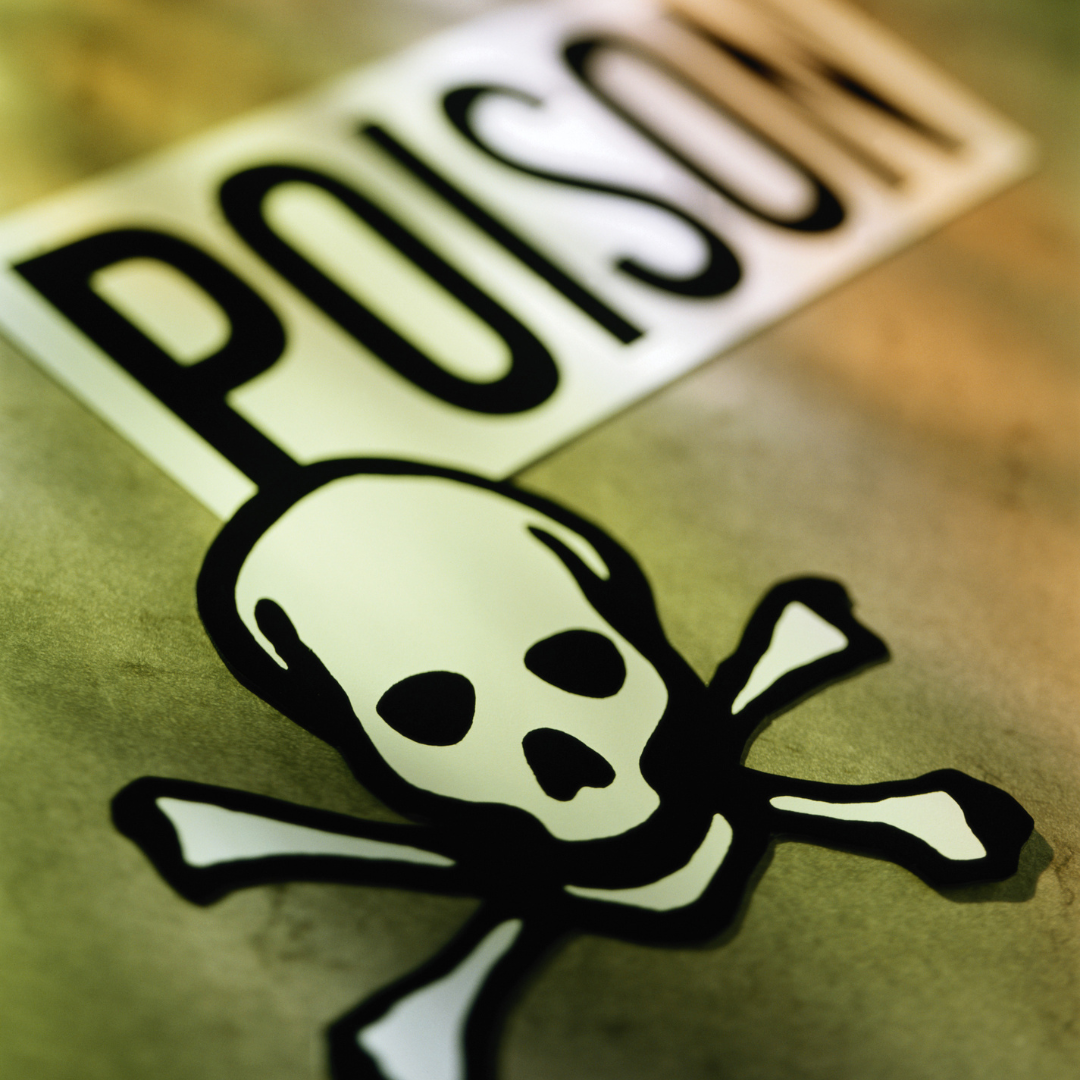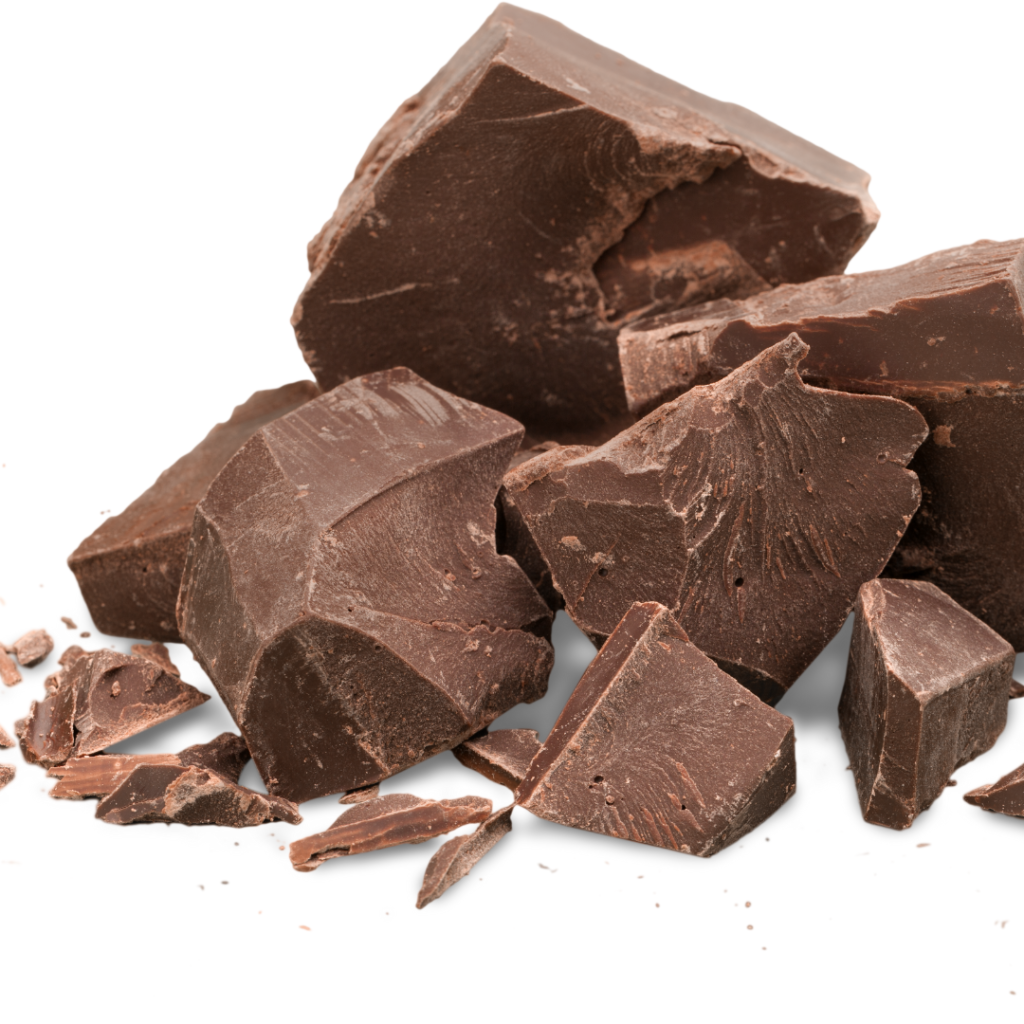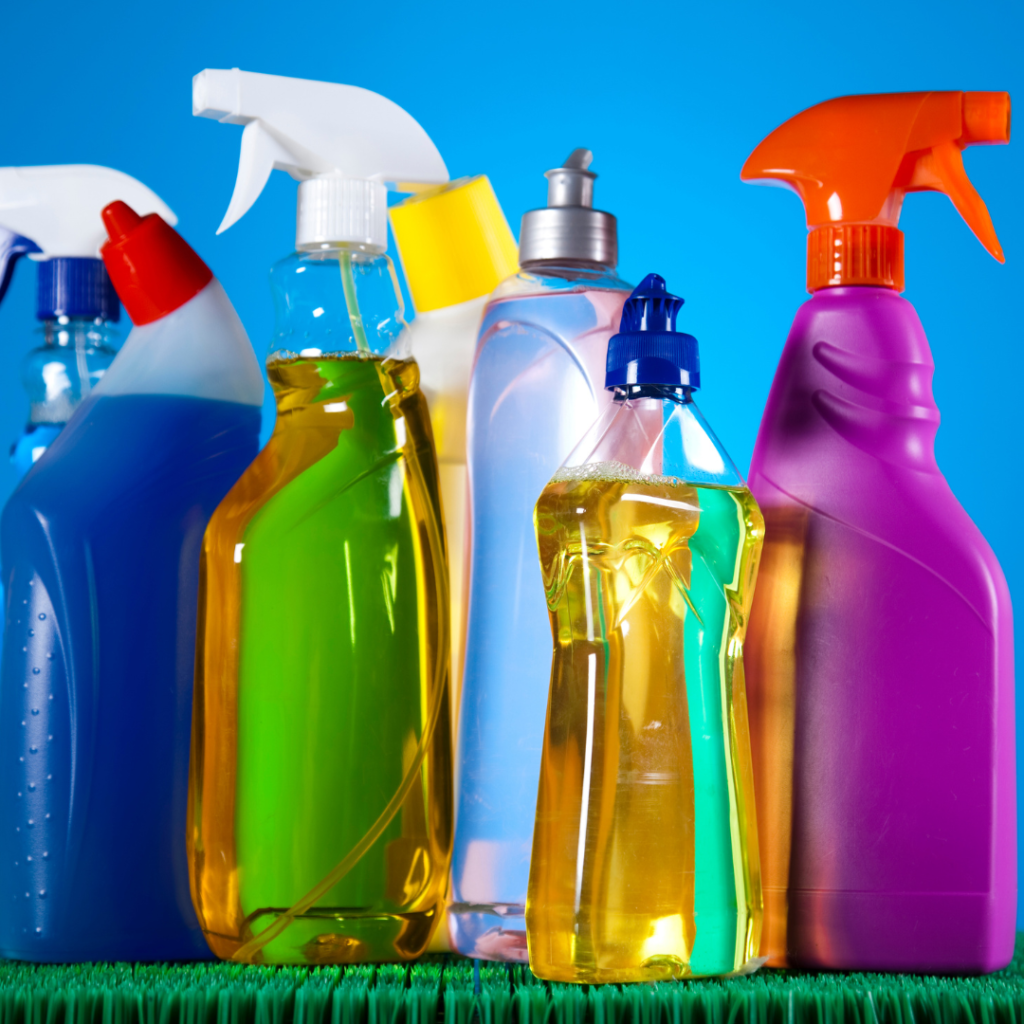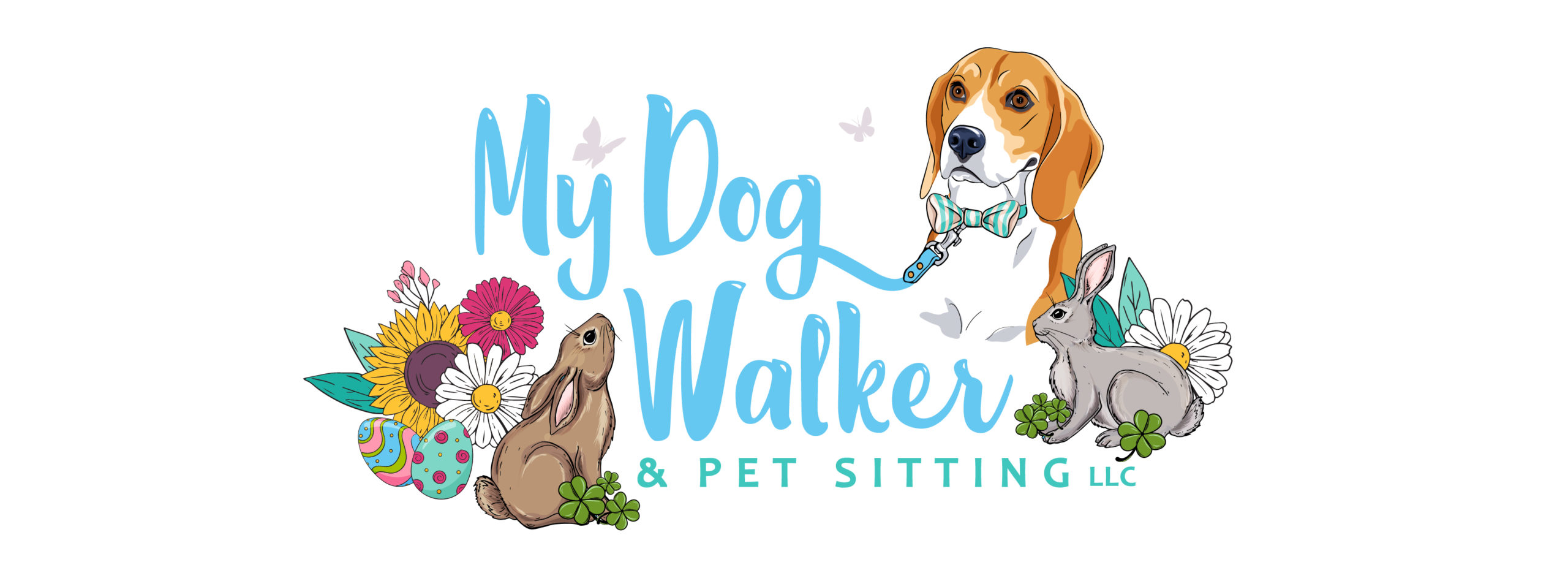
Covering Everything You Need To Know About The Things In Your Home That Are Toxic To Pets
The month of March is known for many things including Daylight Savings Time, St. Patrick’s Day, the Spring equinox, Ramadan, and more. But, March is also known for its month-long holiday called Pet Poison Prevention Month. This educational pet themed holiday reminds pet owners about the toxic dangers lurking in their homes and cupboards. This article will discuss the importance of this month-long holiday and what poisonous things pet owners should look out for.
Why Have A Holiday About Pet Poison?
Here at My Dog Walker & Pet Sitting, we treat our pets like family. As much as we love our furry family members, they often have a knack for eating things they shouldn’t. There are many household foods, products, and plants that are safe for humans, yet poisonous to pets. Pet Poison Prevention Month was created to educate people on what things are poisonous to pets and how to stop pet poisoning before it happens.
The Importance Of Prevention
Eating something toxic can result in some serious side effects and even death. The best way to treat poisoning is to stop it from happening in the first place. Prevention is key! If you have a pet in your home, be sure to keep anything potentially poisonous out of their reach. Both dogs and cats love trying to eat things they’re not supposed to. So, always be mindful about where you keep your foods, cleaning products, and house plants.
Things That Are Toxic To Dogs & Cats
There are a lot of common household things that are very toxic to dogs and cats. To keep the list from being too big, we will mention some of the most common items you probably have in your home that are toxic to dogs and cats.
Chocolate:
Chocolate is delicious to us, but is toxic to dogs and cats. It contains both caffeine and a chemical compound called theobromine. Our pets can’t properly digest either of these things, making chocolate very toxic to them.

Human Foods:
It’s very tempting to give our pets table scraps, but do so with caution. Dogs and cats aren’t able to digest and metabolize certain foods that people commonly eat. Things like onions, garlic, spices, grapes, and raisins are toxic to dogs and cats. Always do your research on any particular food before feeding it to your pets.
Flowers & Plants:
It’s natural for dogs and cats to want to eat the vegetation around them. But, many house plants are toxic to them. This includes aloe plants, jade plants, lilies, caladium, and sago palm. Be sure to keep your house plants on high shelves and out of reach from your pets to prevent accidental poisoning.
Fertilizer:
Fertilizers are great for gardening and helping indoor plants flourish. However, most fertilizers contain chemicals and compounds that can be dangerous if ingested. Be sure to keep your fertilized plants and bags of fertilizer out of your pets reach to prevent accidental ingestion.
Human Medications:
Medications for people do not work the same way for pets. Most medications come in very small pill form and can easily be dropped or misplaced for your pets to find. Always be cautious when handling medications such as aspirin, cold medicine, and allergy medicine. These medicines are intended for people, not pets, and can result in serious health complications.

Xylitol:
Xylitol is a sugar substitute that is often found in products like gum, toothpaste, cough syrup, mouthwash, and chewable vitamins. However, xylitol is very toxic to both dogs and cats. Our pets digestive systems simply aren’t built to properly digest this sugar substitute. So, be sure to keep your bubble gum and dental care products away from your furry friend.
Pest Control Products:
Pest control products are literally poison. They are widely used to kill bugs and mice, but they can also be dangerous to pets. Always be cautious when placing bug or mouse traps and keep them out of reach from your pets when possible.
Cleaning Products:
Similar to pest control products, cleaning products are an essential part of everyday life. But, most of them contain harsh chemicals that can be dangerous to dogs and cats. Always keep your cleaning products locked up in a safe place where your dog can’t get to. There are also pet-friendly cleaning products on the market such as Nature’s Miracle, Bona, and ECOS.

Pet Poison Help
If your pet has been exposed to a poisonous substance, then it’s imperative you act quickly. Try calling the Pet Poison Hotline at 855-764-7661 or visit PetPoisonHelpline.com for help. They will walk you through the process of getting your pet the help they need. You can also contact your local veterinarian or animal hospital for help as well, but do so quickly as every minute counts
Staying Safe
We hope this article helps you better prepare for the possibility of accidental pet poisoning. Accidents happen and our pets usually don’t know any better. But, taking precautionary measures can potentially save your pets’ life. Remember to keep any poisonous substances out of your pets’ reach and always have your veterinarian and pet poison hotline numbers on hand.
